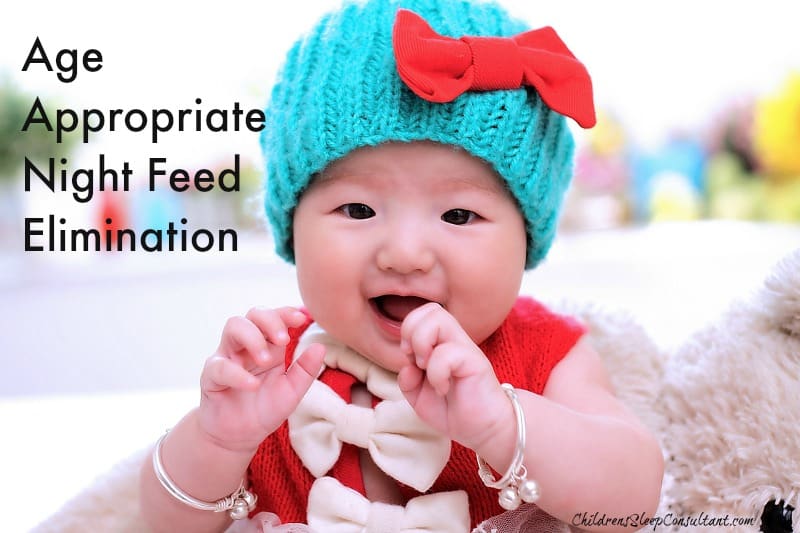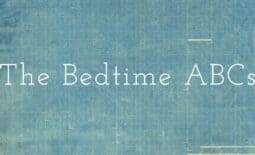Age Appropriate Night Feed Elimination
Whether you breast or bottle feed, there can be no denying the conflicting information that’s out there with regards to when you should stop the night feeds. I’ve heard of parents being advised to wean babies that are younger than 12 weeks! No. Here’s a very quick guide to age appropriate night feed elimination. Let me know if it helps.
Sleeping through the night is subjective
We’ve discussed this before. Sleep experts agree that a block of five hours straight sleep can be classed as sleeping through the night, but for many parents this just doesn’t cut it! So whether you believe your baby is sleeping through or not, let’s just put that to one side for a moment. Sleeping through the night is a developmental milestone that every baby meets at different times, and there really is no point in stressing over it. Even if you do nothing at all, your baby will sleep through one day. You can boost your chances with gentle sleep training programs, or you can leave it and wait it out. Either is perfectly acceptable!
Rather than worrying about getting your baby to sleep through, your goal really should be to get as much sleep as possible. This is why I recommend bed sharing, if it works for you, as a way of getting as much rest as possible. But when it comes to night weaning, whats the best solution?
Night weaning
The subject of night weaning can cause much conflict between parents, and its a topic that always invites opposing views too. When is the best time to gently wean from night feeds?
why is baby feeding at night?
Sometimes, babies feed at night for reasons other than hunger, particularly when they’re eating solid foods during the day. If you suspect that your baby is feeding for comfort and you want to reduce the amount of feeds, its worth trying to get to the bottom of it all.
- Teething: if baby is feeding more due to teething pain, try giving some form of pain relief before bed time so that she is less likely to wake for a feed for that reason.
- Sleeping environment: make sure the room is the right temperature and conducive to sleep.
- Allergies/ reflux: sometimes babies with reflux and/ or allergies wake more often due to being in pain or discomfort.
- Illness: see our last post. Sleep can be massively disrupted due to illness.
During the day
During the day, make sure your baby is having as many meals and feeds as possible. Don’t over feed, but just make sure that you giving baby enough milk during the day, so that she won’t need as much at night. And keep your routine too, so that baby is confident and secure and less likely to wake due to being unsettled.
During the night
If you breastfeed, try to limit your baby’s access to the breast during the night. If you bed share you might want to wear clothes with difficult access. Also, now is the time to call on your partner to help out. Often when dads get involved, baby doesn’t expect to be fed to sleep, so accepts a different approach and is able to settle back to sleep without a feed. Be consistent, use your gentle sleep training methods and stay calm.
Do you need to night wean?
First of all, remember that your baby waking in the night is going to turn out to be such a tiny part of your lives. She is not going to wake up and need you like this forever! If you are happy to continue feeding through the night then carry on. Bottle fed babies are probably more likely to self wean a little earlier, but even still the decision is still yours. Guidelines are just that- guidelines. Follow your instincts here, and make the decision that’s right for you and your family.
If you do feel that the time is right to eliminate night feeds, and your baby is at least six months or older, the above tips should help. Remember, some children may need a feed during the night until around 12 months of age.
Good luck!



